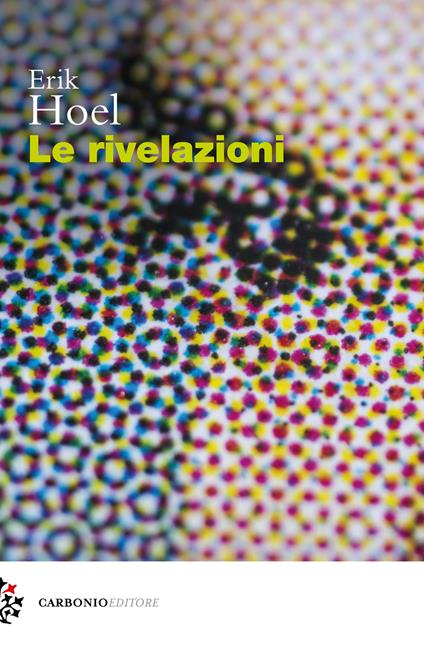What do you think?
Rate this book


418 pages, Paperback
First published April 6, 2021
the basic structure of formal systems, defined as a set of axioms and subsequent theorems, inherently means that one cannot derive the axioms of a formal system or formal method from within the system or method . . . axioms must always stand outside of it.